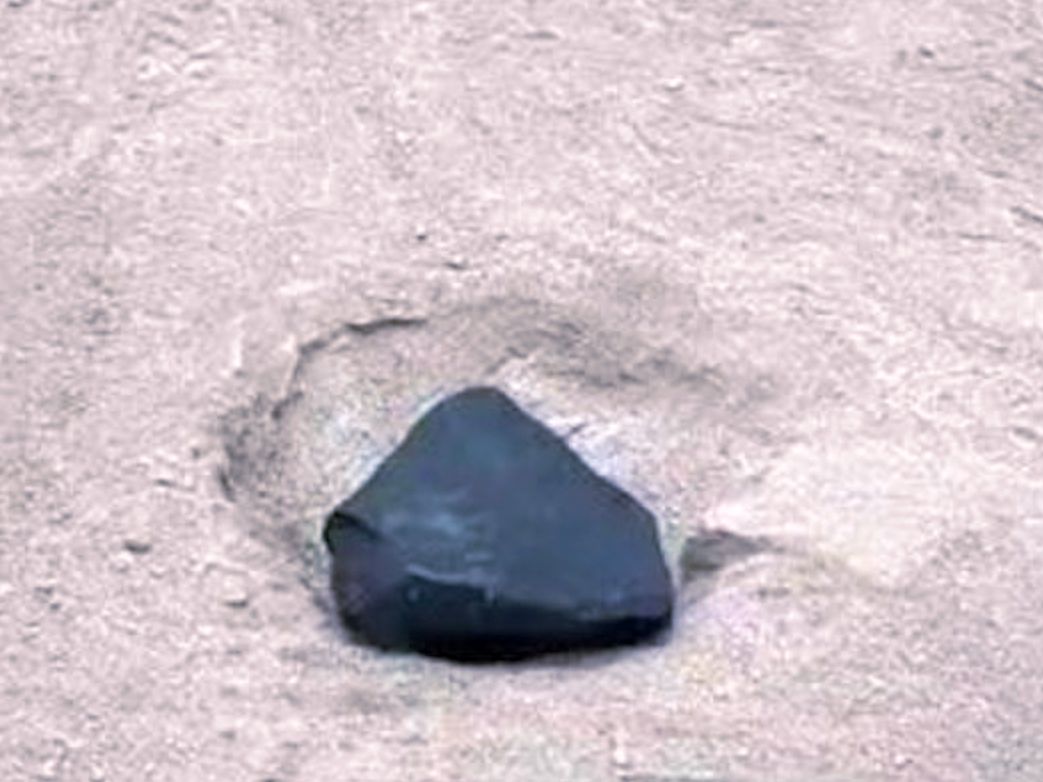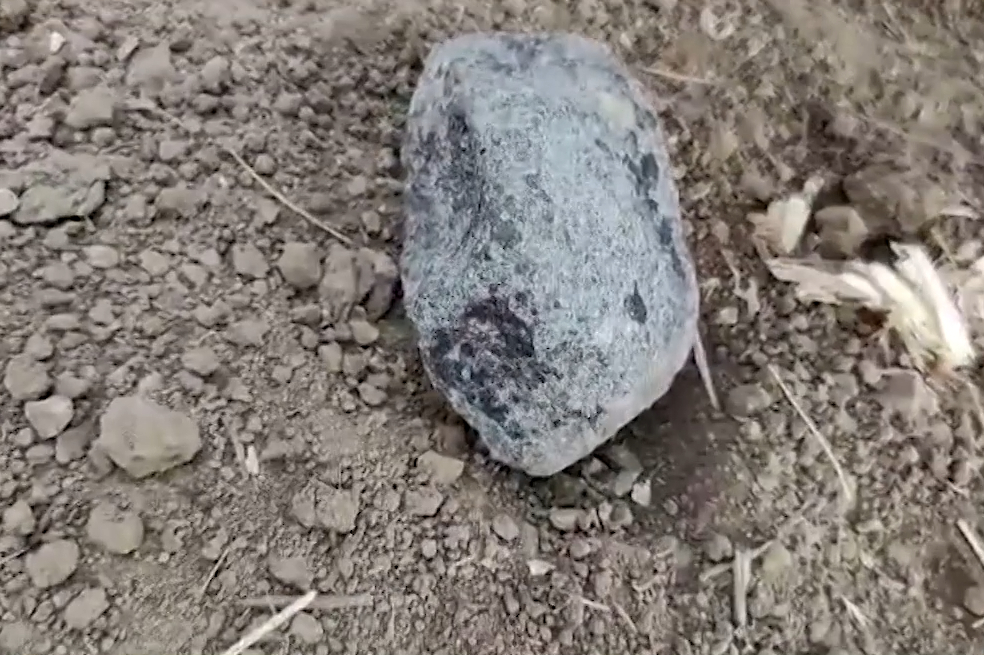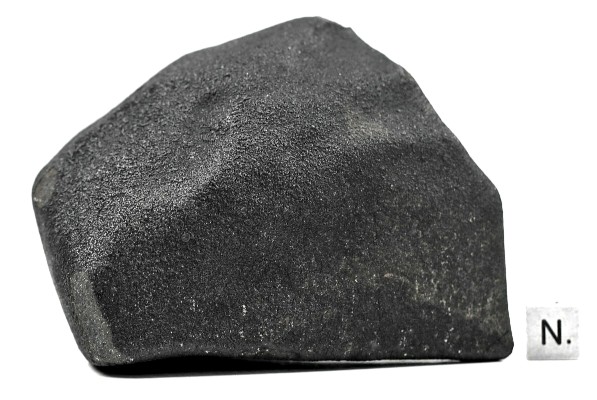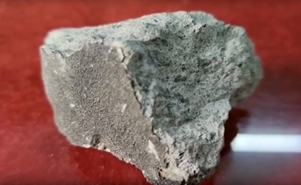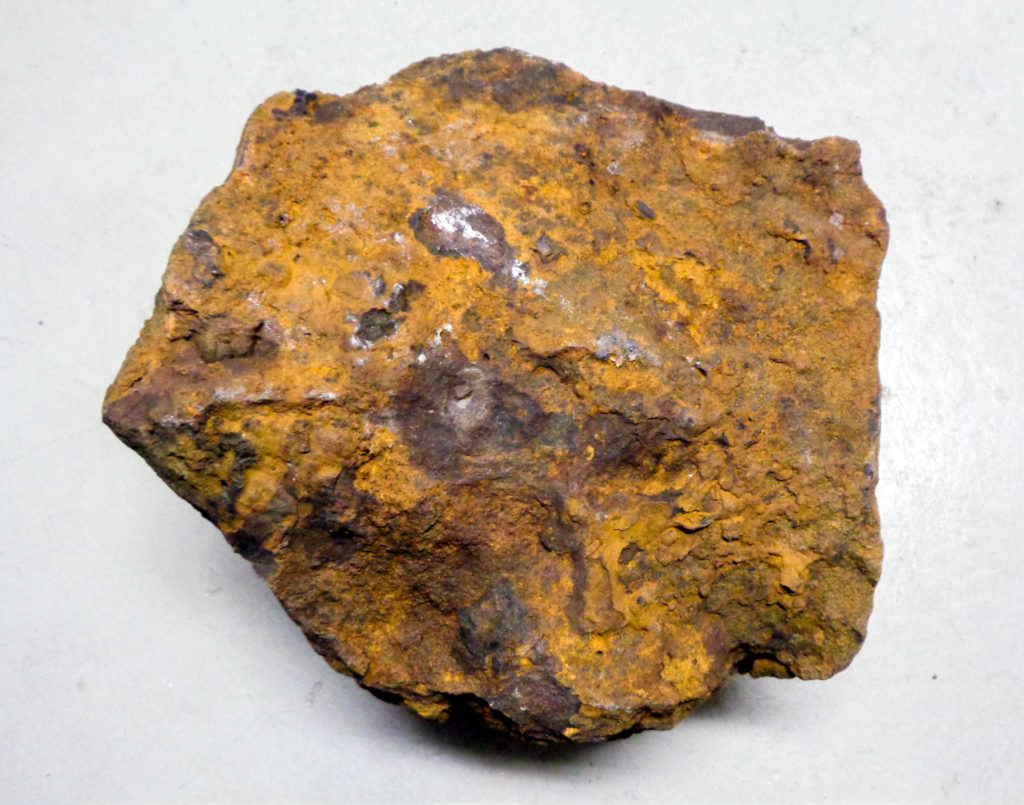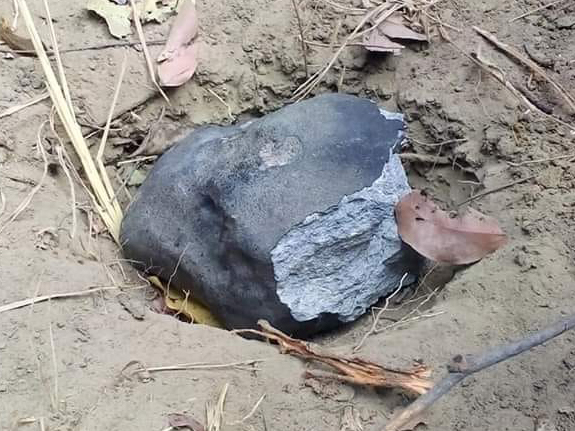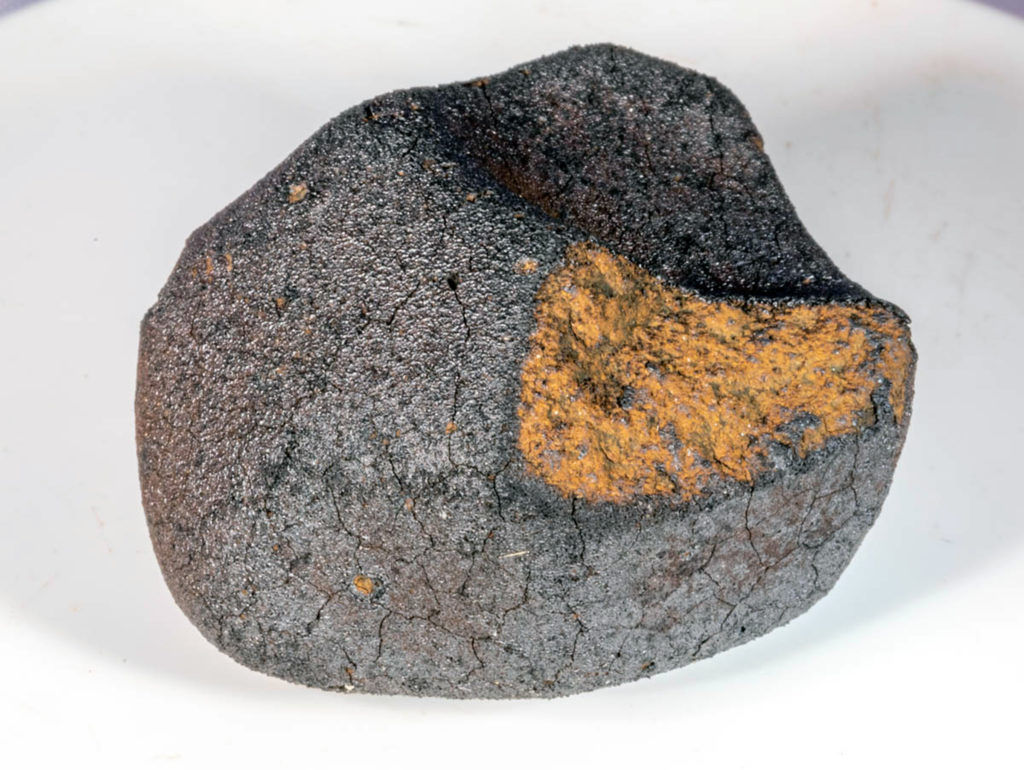The heterogeneous response of Martian meteorite Allan Hills 84001 to planar shockOPEN ACCESS
Thomas L. North, Gareth S. Collins, Thomas M. Davison, Adrian R. Muxworthy, Sarah C.Steele, Roger R. Fu
Icarus
In Press, Journal Pre-proof, Available online 25 October 2022
“Highlights
• Evidence of strong shear heating in Martian Meteorite Allan Hills 84001 (ALH 84001).
• Shear deformation in Martian meteorite causes heterogeneous heating.
• Steep thermal gradients observed on sub-millimeter length scales in post-impact temperature measurements.
• Heterogeneous heating of meteorites responsible for recording multiple paleomagnetic signatures.
• Post-impact equilibration responsible for thermal maxima in magnetic carriers present in the meteorite.”
“Impact-generated shock waves can change the physical properties of meteorites and their constituent minerals. Accounting for these effects is key to recovering information about the early solar system from meteorite observations. ALH 84001 is a rare ancient sample from the Martian crust, providing a unique window into the thermal and metamorphic evolution of Mars. A well-studied meteorite, past geochemical and petrologic investigations have attempted to deduce its thermal and impact history with some contradictory results. By simulating the passage of a planar shock wave through a synthetic analog for samples of ALH 84001 using the iSALE-2D shock physics code we have determined the meteorite’s likely thermodynamic and physical response during an impact. Our simulations show that heterogeneous shear heating, induced by the planar shock wave, can produce strong thermal gradients on the sub-millimeter ‘mesoscale’ throughout the meteorite, even in relatively weak shock waves (). We are able to place new constraints on deformation events experienced by the meteorite during its time on the parent body, including the maximum pressure ALH 84001 has experienced since it acquired its remanent magnetization and its subsequent ejection from Mars.”

